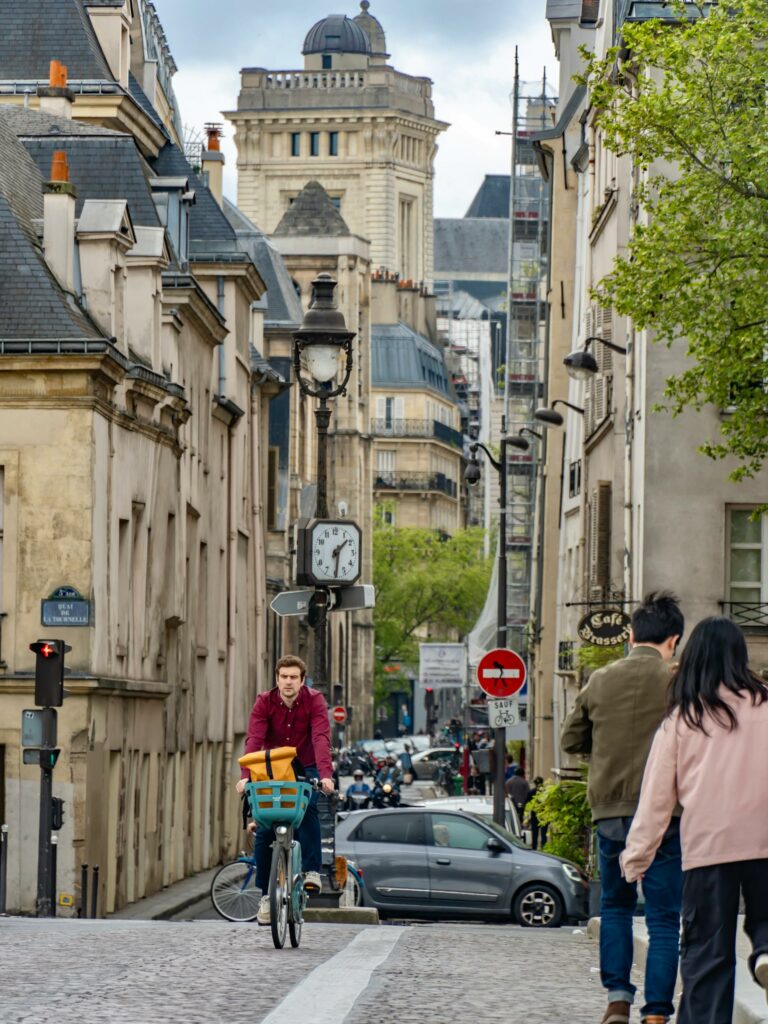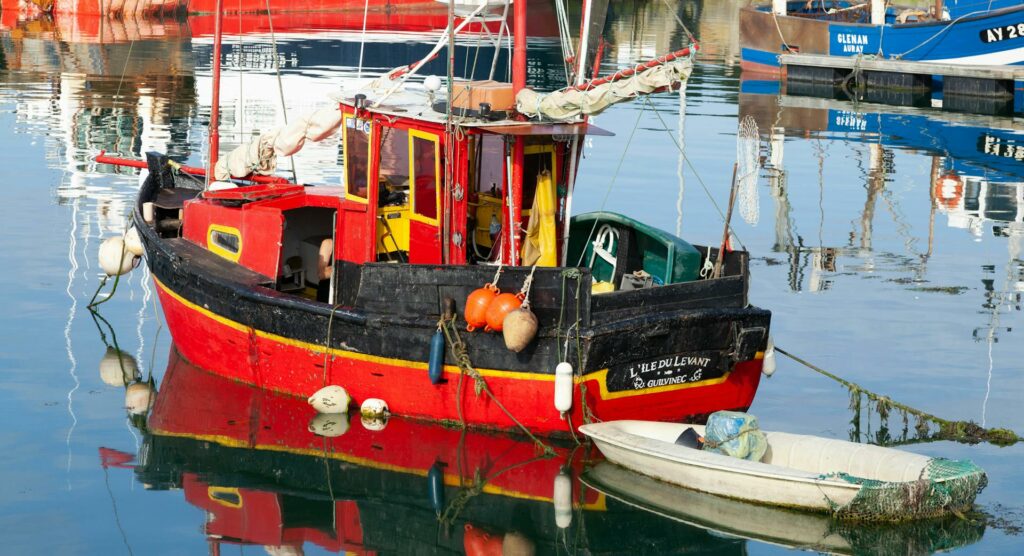The Rise of Sustainable Tourism in France: How to Travel Responsibly
Sustainable tourism is more than a trend—it’s a movement toward making travel more responsible and respectful of the environment and local cultures. France, with its diverse landscapes and rich cultural heritage, is at the forefront of this movement. From eco-friendly accommodations to ethical travel practices, here’s how to explore France while minimizing your impact and maximizing your positive contributions.
Understanding Sustainable Tourism
Sustainable tourism focuses on minimizing the environmental impact of travel, supporting local economies, and respecting cultural heritage. It aims to ensure that tourism benefits both visitors and host communities while preserving natural and cultural resources for future generations.

Key Principles of Sustainable Tourism:
- Environmental Preservation: Reducing waste, conserving water and energy, and protecting wildlife.
- Cultural Respect: Engaging with and supporting local cultures and traditions.
- Economic Benefits: Contributing to the local economy by supporting small businesses and fair trade practices.
Eco-Friendly Accommodations: Where to Stay
France offers a growing number of eco-friendly hotels and accommodations that prioritize sustainability. Here are a few standout options:
- La Maison de la Prade, Dordogne: This eco-friendly bed and breakfast uses renewable energy sources and offers locally sourced organic breakfasts. The owners are passionate about sustainable living and are committed to minimizing their environmental footprint.
- Hôtel Jules & Jim, Paris: Located in the heart of Paris, this boutique hotel focuses on eco-friendly practices, including recycling, energy conservation, and using environmentally friendly cleaning products.
- Château De Pizay, Beaujolais: This wine estate integrates sustainable practices into its operations, from organic farming methods to energy-efficient infrastructure. Guests can enjoy wine tastings and tours of the vineyard, all while supporting sustainable agriculture.
Ethical Travel Practices: How to Be a Responsible Tourist
- Support Local Businesses: Opt for local restaurants, shops, and tour operators rather than international chains. This helps ensure that your spending benefits the local community.

- Choose Green Transportation: When possible, use public transportation, bikes, or walk instead of renting a car. France’s extensive train network, including high-speed TGV trains, offers a convenient and eco-friendly way to travel between cities.

- Respect Local Cultures and Customs: Familiarize yourself with local customs and traditions. Being mindful of cultural norms, such as appropriate dress codes and behavior, shows respect and fosters positive interactions with locals.
Must-Visit Eco-Friendly Destinations
- The French Alps: Known for its stunning natural beauty, the French Alps also offer numerous eco-friendly resorts and activities. For instance, Les Granges d’en Haut in Chamonix focuses on sustainable luxury, with accommodations that blend seamlessly with the natural landscape.
- Loire Valley: Famous for its vineyards and châteaux, the Loire Valley is committed to sustainable practices. Many wineries in the region use organic farming methods, and local hotels like Domaine de La Bretesche prioritize eco-friendly operations.
- Provence: The lavender fields and picturesque villages of Provence attract visitors year-round. Eco-conscious travelers can explore this region while staying at sustainable accommodations such as Hôtel Crillon le Brave, which emphasizes local sourcing and green practices.

Trends in Sustainable Tourism
- Zero-Waste Travel: Many travelers are adopting zero-waste practices, bringing reusable items like water bottles, shopping bags, and cutlery. This trend reduces the reliance on single-use plastics and minimizes waste.
- Eco-Tourism Experiences: Activities that emphasize environmental education and conservation are gaining popularity. Consider participating in eco-tourism experiences such as guided nature walks, wildlife monitoring programs, or conservation volunteering.
- Green Certifications: Look for accommodations and tour operators with certifications from organizations like Green Key or EarthCheck. These certifications ensure that the business meets stringent environmental and sustainability standards.
Quotes from Sustainable Travel Advocates
- “The goal of sustainable tourism is to make a positive impact on the environment, the local communities, and the travelers themselves.” — Graham E. Cummings, founder of Sustainable Travel International.
- “Travel is the only thing you buy that makes you richer. But if you’re mindful of your impact, it can make others richer too.” — Jodi Ettenberg, author of Legal Nomads.

Conclusion: Traveling Responsibly in France
Sustainable tourism is not just about making greener choices; it’s about fostering a deeper connection with the places you visit and ensuring that your travel experience benefits both you and the local communities. By choosing eco-friendly accommodations, supporting local businesses, and practicing responsible travel habits, you can enjoy all that France has to offer while contributing to a more sustainable future.
Header Photo Credit: Orest Sv https://www.pexels.com/photo/woman-with-long-hair-looking-up-4076521/





















Fantastic read! This article does an excellent job of breaking down what smart homes are and how they’re transforming modern…